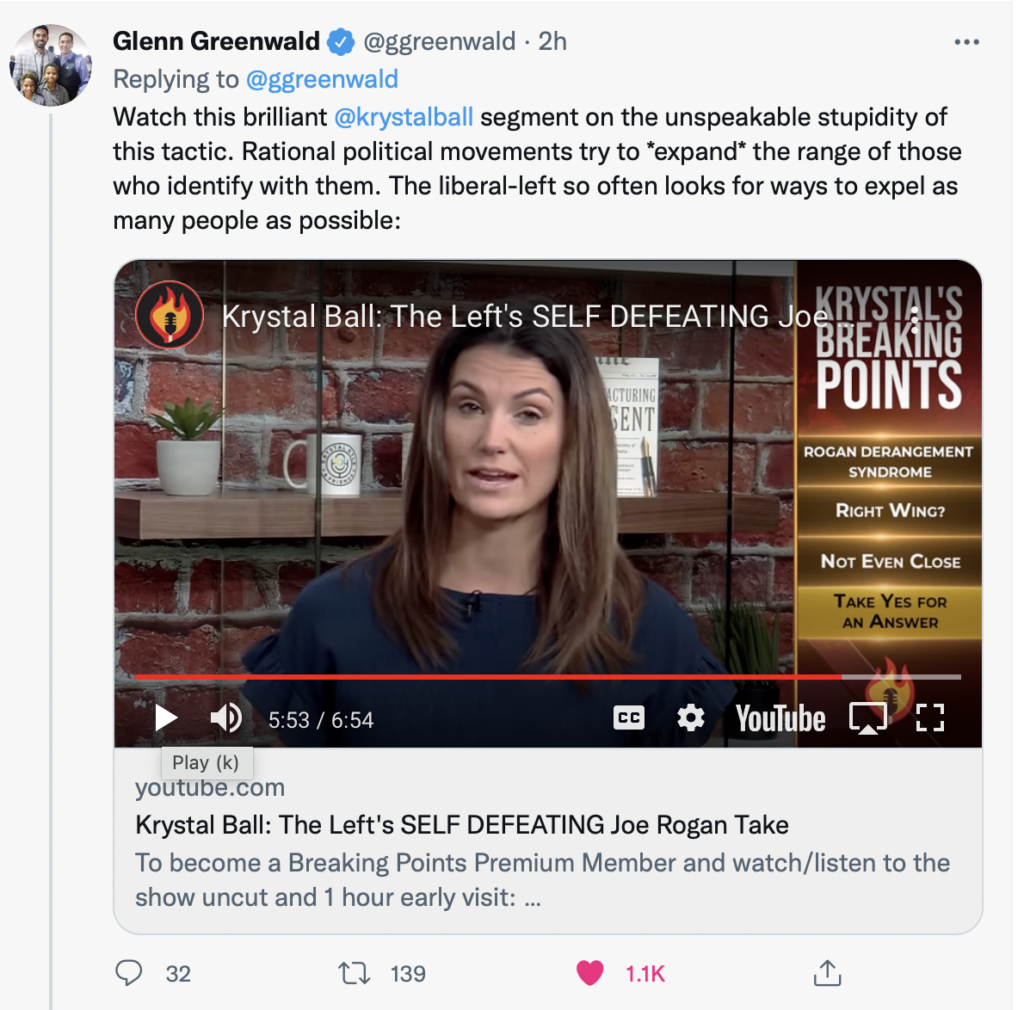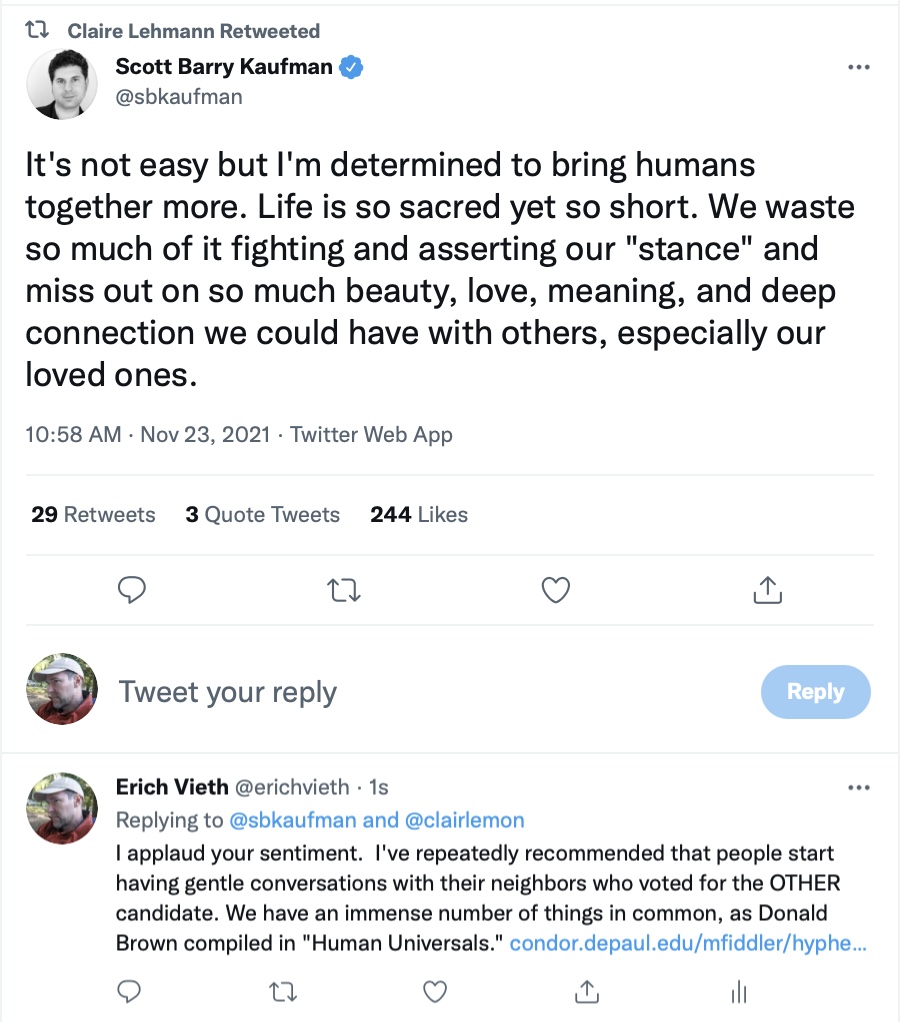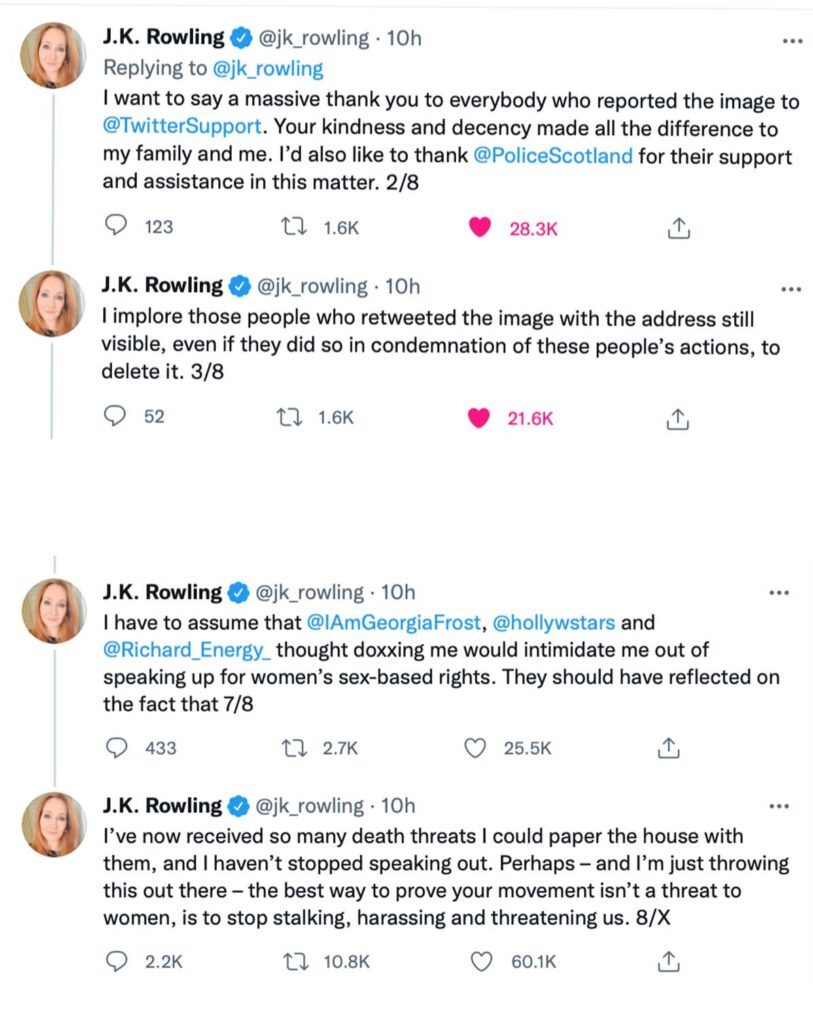The Fictions Demanded by the Political Far Left
John McWhorter lists some today's most prominent fictions pushed by the political far left in his NYT article: "Here’s a Fact: We’re Routinely Asked to Use Leftist Fictions."
These days, an aroma of delusion lingers, with ideas presented to us from a supposedly brave new world that is, in reality, patently nonsensical. Yet we are expected to pretend otherwise. To point out the nakedness of the emperor is the height of impropriety, and I suspect that the sheer degree to which we are asked to engage in this dissimulation will go down as a hallmark of the era: Do you believe that a commitment to diversity should be crucial to the evaluation of a candidate for a physics professorship? Do you believe that it’s mission-critical for doctors to describe people in particular danger of contracting certain diseases not as “vulnerable (or disadvantaged)” but as “oppressed (or made vulnerable or disenfranchised)”? Do you believe that being “diverse” does not make an applicant to a selective college or university more likely to be admitted?In some circles these days, you are supposed to say you do.



